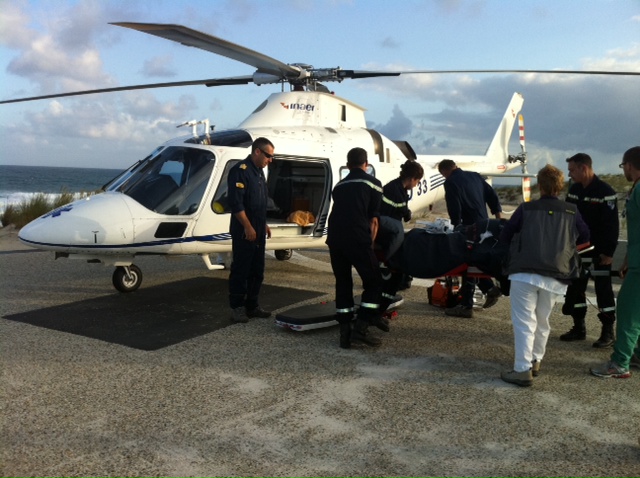 How does climbing affect your life insurance policy?
Summit Financial Services
How does climbing affect your life insurance policy?
Summit Financial Services 0844 579 1008
http://summit-fs.co.uk
Insurance companies consider a variety of factors when deciding whether to charge you more and/or exclude your cover from a climbing incident. These can include, but are not limited to: do you climb outside of the UK, and if so where and to what altitude; what grades do you climb to; what styles, eg. Ice-climbing; do you ever climb alone or without ropes, and if so under what circumstances?
Failure to disclose to your insurance company firstly that you climb, and secondly any of the information subsequently requested, may impact on your life policy cover. Legally your insurer may void your contract whether your non-disclosure was intentional or not.
In practise, insurance companies tend to review non-disclosure claims as either Innocent, Negligent or Fraudulent:
1.
Innocent non-disclosure – If there is no clear question on an application form that relates to sports, pastimes or your climbing, then a claim may well be paid in full. This would however be on an ex-gratia basis rather than by contractual right.
2.
Negligent non-disclosure – This is where a customer has not taken enough care in completing the application form. Where negligent non-disclosure occurs an insurance company can refuse to pay out and will often consider the amount of cover which should have been in force according to the premium paid. If an underwriter considers that your premium should have been increased because of your climbing activities then the amount paid out would be proportionately calculated, i.e. if they consider that the premium should have been doubled, then approximately half the insured cover would be paid out. Again, any payment made is entirely discretionary.
3.
Fraudulent non-disclosure – This occurs when someone knowingly gives false information or deliberately withholds information which would have had an impact on the premium the insurance company would have charged. You are wasting your money. Insurers can refuse a claim even if you die due to a non-climbing related event.
NB. Negligent and fraudulent non-disclosures are difficult to distinguish between, and can therefore also result in any claim payout being delayed at the very least.
For your consideration
• For those who have already taken out policies check that the insurance company is aware that you climb and check that the policy covers you for climbing.
• If you are considering taking out a policy make sure that you disclose the full extent of your climbing.
• If you are about to go climbing abroad then be absolutely sure that the company is aware that you do climb abroad. This is a material fact of information.
by David Hallam, Director of Summit Financial Services, as featured in the above picture being airlifted to hospital in Bordeaux France this summer.
